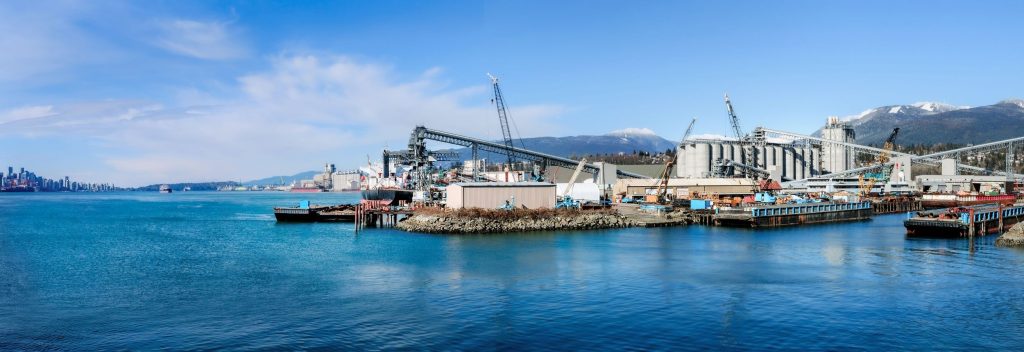Marine construction encompasses a wide range of activities, including the construction and maintenance of docks, piers, seawalls, offshore platforms, underwater tunnels, and more. These projects are vital for supporting shipping, oil and gas extraction, telecommunications, and coastal protection. Given the complex and often hazardous nature of underwater environments, marine construction requires specialized skills, equipment, and technologies.
Advanced Diving Technologies
One of the most significant innovations in marine construction is the development of advanced diving technologies. Traditional diving methods have evolved with the introduction of sophisticated diving suits, remotely operated vehicles ROVs, and autonomous underwater vehicles AUVs. These technologies allow divers to work at greater depths and for longer durations, reducing the risks associated with deep-sea diving. ROVs and AUVs, in particular, have revolutionized underwater inspections and repairs, providing high-resolution imaging and precise manipulation capabilities without the need for human divers.

Robotic and Automated Systems
The use of robotics and automation in marine construction has greatly increased the efficiency and safety of underwater projects. Robotic systems can perform tasks such as welding, cutting, and drilling with high precision, even in challenging underwater conditions. Automated systems are also used for dredging operations, sediment removal, and seabed mapping. These technologies minimize human intervention, thereby reducing the potential for accidents and improving the overall quality of construction work.
Underwater Welding Innovations
Underwater welding is a critical aspect of many marine construction projects, particularly those involving the repair and maintenance of offshore structures. Innovations in welding techniques, such as friction stir welding and explosive welding, have enhanced the reliability and strength of underwater welds. These methods allow for the joining of different types of materials, such as metals and composites, which are commonly used in marine environments. Improved welding technologies have also reduced the risk of weld failure due to corrosion and other environmental factors.
Eco-Friendly Construction Practices
Environmental sustainability is a growing concern in marine construction. Innovations in eco-friendly construction practices aim to minimize the impact on marine ecosystems. For example, the use of biodegradable materials and environmentally friendly coatings reduces pollution and harm to aquatic life. Additionally, techniques such as artificial reef construction and habitat restoration help to preserve and enhance marine biodiversity. By incorporating sustainable practices, marine construction companies are able to balance development needs with environmental protection.
Material Advancements
The development of new materials specifically designed for underwater use has also played a significant role in advancing marine construction. High-performance concrete, corrosion-resistant alloys, and composite materials are now commonly used in marine projects. MBI Construction Company in New York offers enhanced durability, longevity, and resistance to harsh underwater conditions. The use of such materials reduces maintenance costs and extends the lifespan of marine infrastructure. Marine construction services are indispensable to the growth and maintenance of maritime infrastructure.